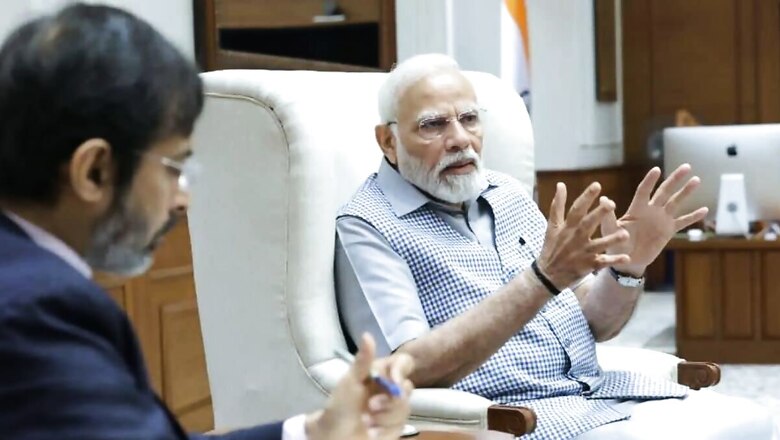
views
For Prime Minister Narendra Modi, decentralisation and democratisation reign supreme. And this was evident in his exclusive interview with moneycontrol.com in the run-up to the G20 Summit in Delhi from September 9-10.
Explaining his proclivity to pick destinations across India for hosting global events, PM Modi attributed it to his long journey as a political figure.
“I have been blessed with the opportunity to visit and stay in almost every district of our country. For a naturally inquisitive person like me, learning about different regions, the people, unique cultures and cuisines, and their challenges, among other aspects, was a tremendous educative experience,” the prime minister told Moneycontrol.
Noting that his “biggest problem is with those who think Dilli is Hindustan”, PM Modi said: “Historically, in the circles of power, there was a certain reluctance to think beyond Delhi, particularly Vigyan Bhavan, for hosting national and international meets. This may have been due to convenience or lack of confidence in the people.”
The prime minister said he was committed to changing the trend from Day 1. “We have also seen how even the visits of foreign leaders would be restricted to mainly the national capital or a couple of other places. Having witnessed the capabilities of the people and the wonderful diversity of our country, I developed a different perspective. So, our government has worked on changing the approach since day one.”
Citing instances when he hosted global leaders outside Delhi, PM Modi said: “The then-German Chancellor Angela Merkel was hosted in Bengaluru. French President Emmanuel Macron and the then-Japanese Prime Minister Shinzo Abe visited Varanasi. Portuguese President Marcelo Rebelo de Sousa was hosted in Goa and Mumbai. Bangladesh Prime Minister Sheikh Hasina visited Shantiniketan. The then-French President Francois Hollande visited Chandigarh.
“Many global meets have also been held in different places outside Delhi. The Global Entrepreneurship Summit was held in Hyderabad. India hosted the BRICS Summit in Goa and the Forum for India-Pacific Islands Corporation Summit in Jaipur. I can go on quoting examples, but the pattern that you can observe here is that this is a great change from the prevailing approach.”
The prime minister also noted that several of these interactions took place in non-NDA states too. “This is also a testament to our firm belief in cooperative federalism and bipartisanship when it comes to national interest.”
He added that this approach was also visible in the G20 presidency. “By the end of our G20 Presidency, there will have been over 220 meetings in 60 cities across all 28 states and eight Union Territories. More than 1 lakh participants from approximately 125 nationalities will have visited India. Over 1.5 crore individuals in our country have been involved in these programmes or have been exposed to various aspects of them.
“Holding meetings of such scale and hosting foreign delegates is an endeavour that calls for great capacity building in terms of infrastructure, logistics, communication skills, hospitality and cultural activities, among others. Our democratisation of the G20 Presidency is our investment in the capacity building of the people, especially youth, of various cities across the country. Further, this is yet another example of our motto of Jan Bhagidari – we believe people’s participation is the most important factor in the success of any initiative.”










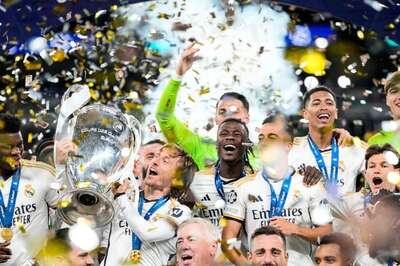

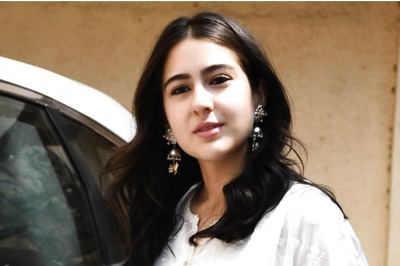
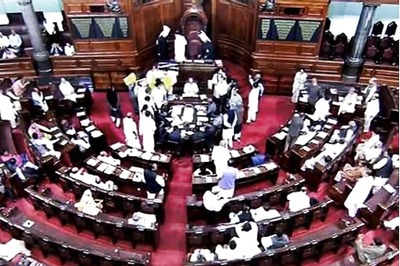



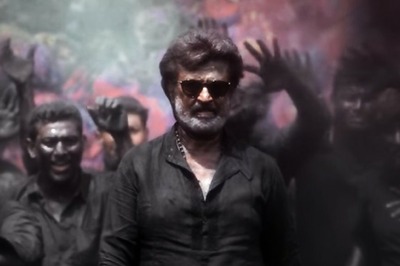


Comments
0 comment